Notable deaths 2022
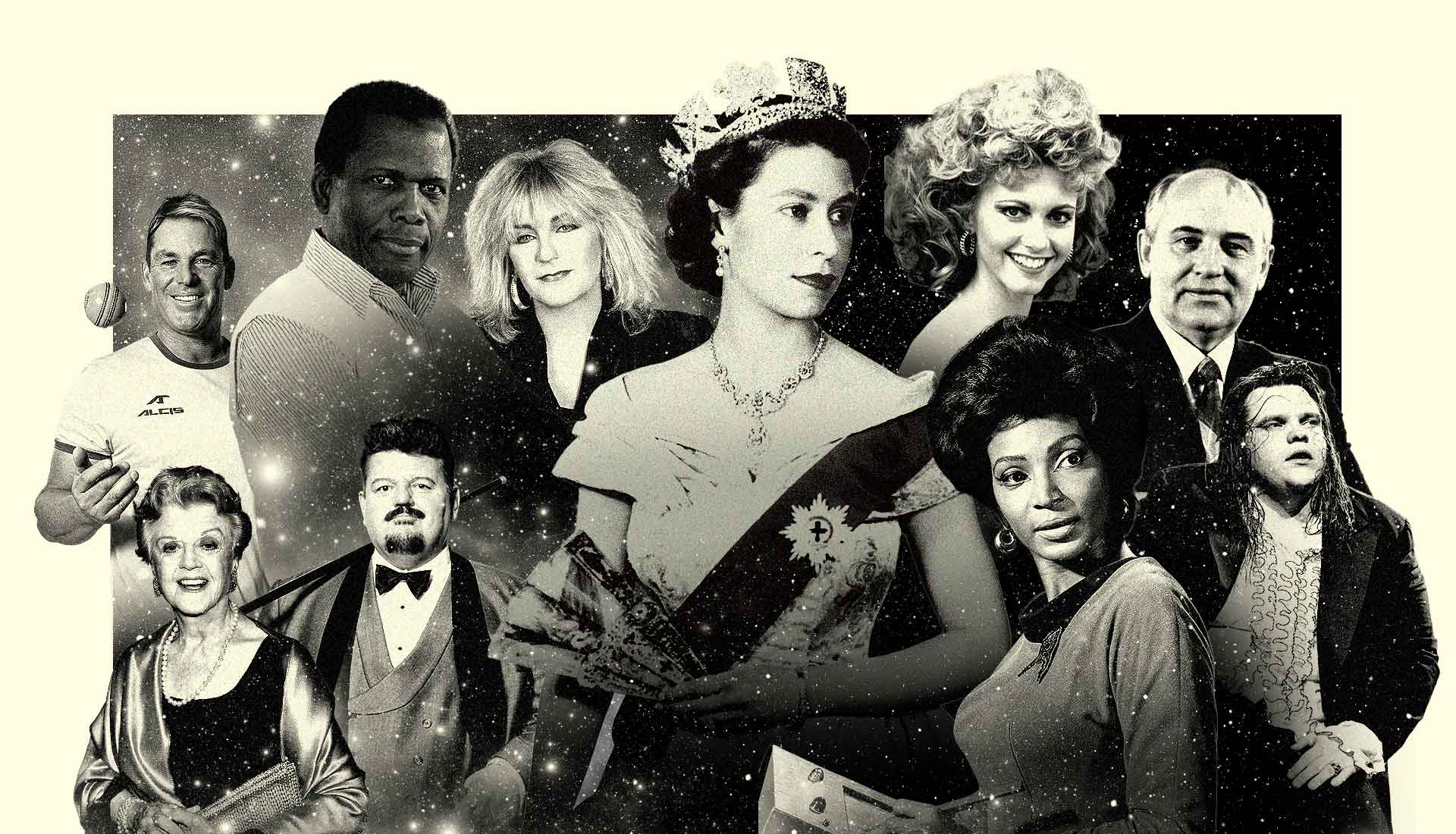
The UK’s longest-serving monarch; the singer catapulted to worldwide fame by the film Grease; the first black man to win an Oscar; and the Soviet Union’s last leader - see some of the well-known faces no longer with us.
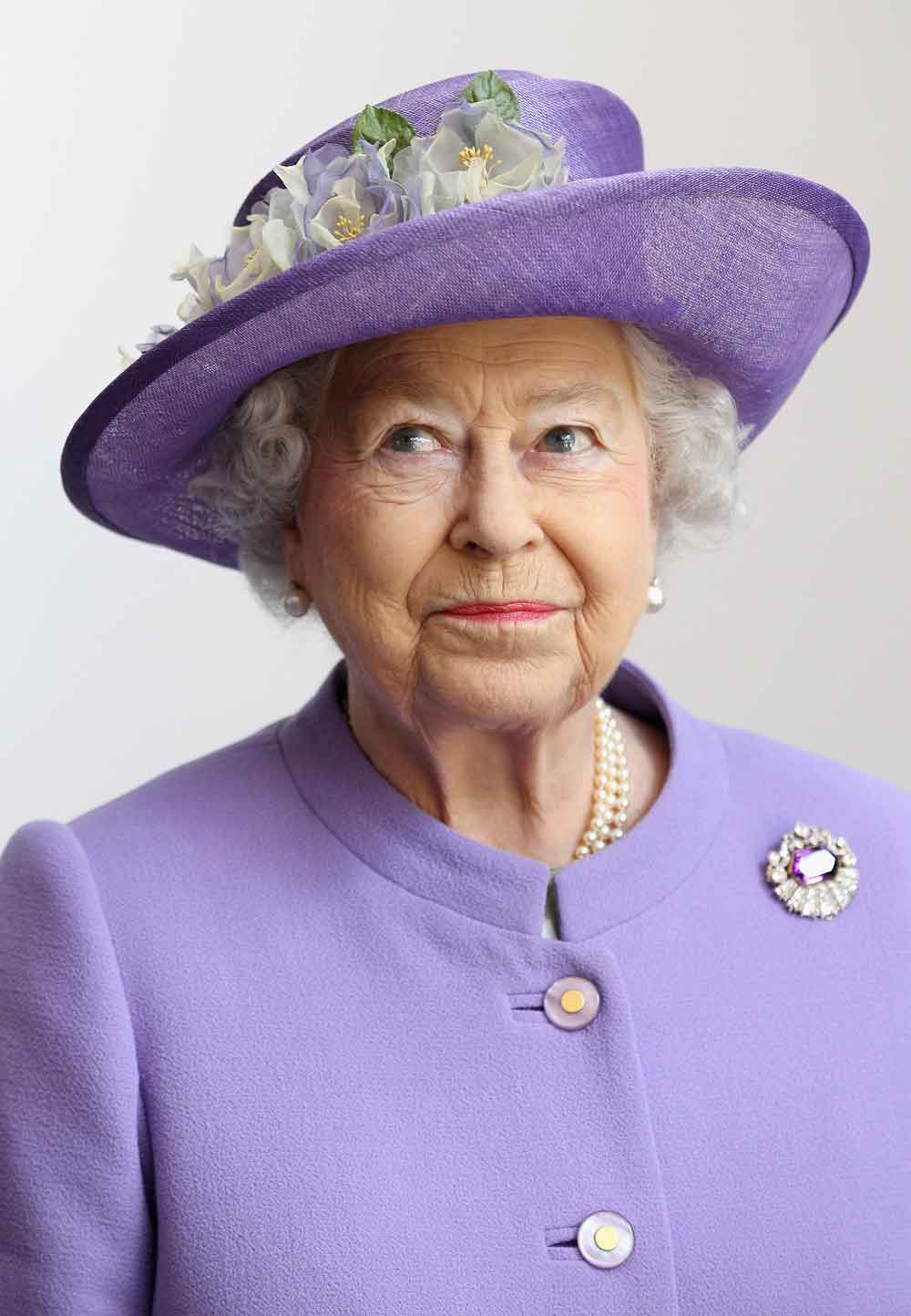
Queen Elizabeth II
When she was born in 1926, few could have foreseen that Elizabeth Alexandra Mary Windsor would become the UK’s longest-reigning monarch. But in 1936, her uncle, Edward VIII, abdicated the throne to marry the twice-divorced American, Wallis Simpson.
Her Majesty acceded to the throne in 1952, upon the death of her father King George VI. Her 70-year reign - with husband Prince Philip, Duke of Edinburgh, by her side until his death in 2021 - spanned post-war austerity, the transition from empire to Commonwealth, the end of the Cold War and the UK’s entry into, and withdrawal from, the European Union.
Stage and Screen
Our look back includes early cast members of the BBC soap EastEnders - June Brown and Bill Treacher; British sitcom favourites; and the Hollywood star turned TV sleuth, Dame Angela Lansbury.
Dame Olivia Newton-John
Began her career as the sweetheart of country-flavoured pop, but it all changed when the British-born Australian donned black spandex for the 1978 film musical Grease - starring alongside John Travolta. She was first diagnosed with cancer in 1992 and became a leading cancer research advocate.
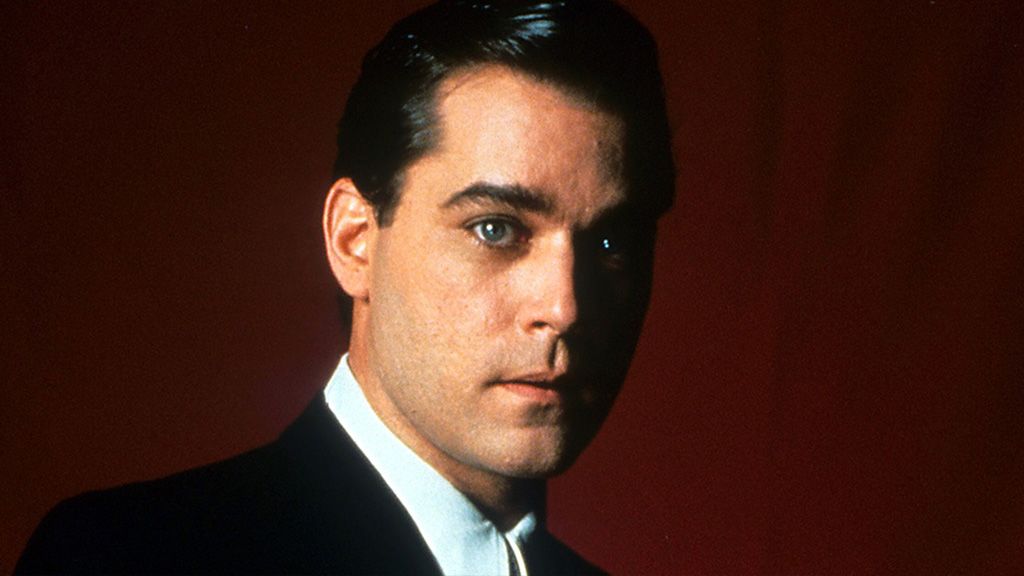
Ray Liotta
Got his big break playing ex-convict Ray Sinclair in 1986 black comedy Something Wild - but was perhaps best known for playing mobster Henry Hill in Martin Scorsese’s 1990 gangster film Goodfellas.
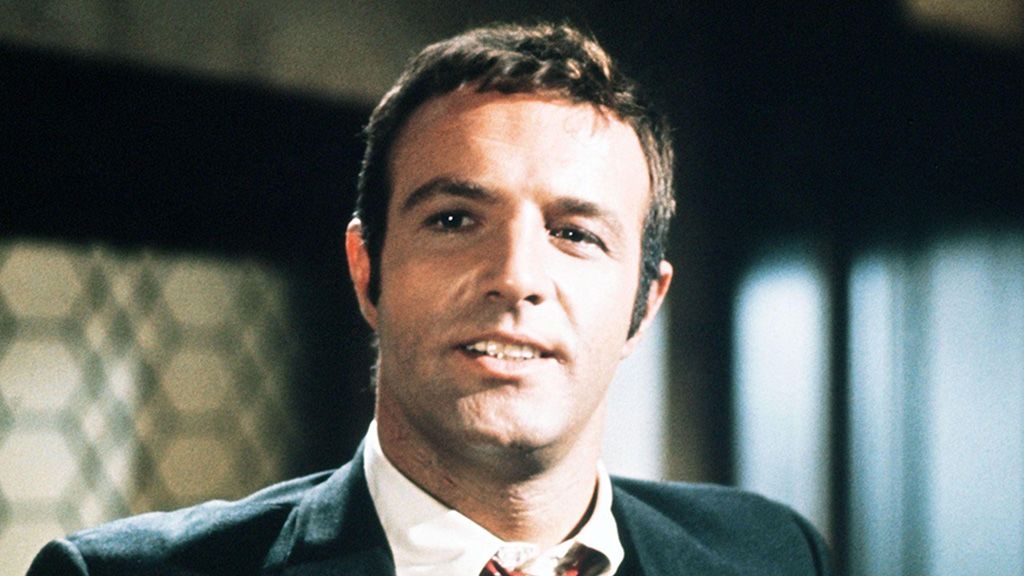
James Caan
The New Yorker, known for his partying lifestyle, was a leading man in Hollywood in the 1970s, having risen to fame for his portrayal of Sonny Corleone in The Godfather.
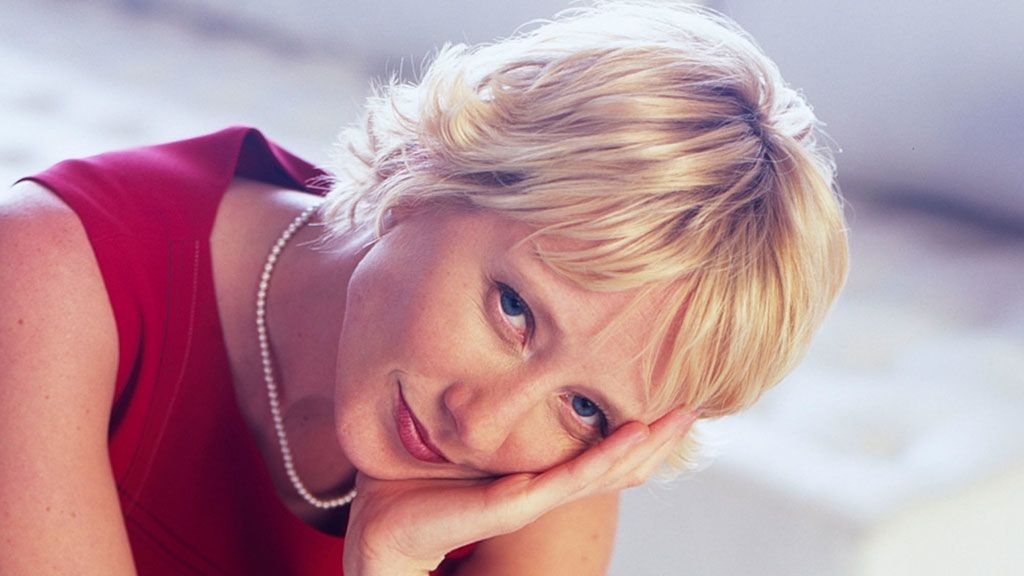
Anne Heche
American actress who found Hollywood fame in films including Volcano, the 1998 remake of Psycho, and the crime drama Donnie Brasco.

Kirstie Alley
Appeared in 147 episodes of the 1980s and 90s US sitcom Cheers - set in a Boston bar. She won an Emmy for playing manager Rebecca Howe. She also starred in films including Star Trek II: The Wrath of Khan, Drop Dead Gorgeous, and the Look Who’s Talking series.

Tony Sirico
Memorably portrayed Paulie “Walnuts” Gualtieri, a fictional mobster in the TV show The Sopranos. He also played gangsters in more than a dozen movies, including Martin Scorsese’s Goodfellas.
Sidney Poitier
Broke down Hollywood’s racial barriers and became the first black man to win a best actor Oscar - for Lilies of the Field in 1963. He later became a respected humanitarian and diplomat.

Dennis Waterman
One of the best-known faces on British television. He played Det Sgt George Carter in police drama The Sweeney, Terry McCann in Minder and another detective, Gerry Standing, in New Tricks.
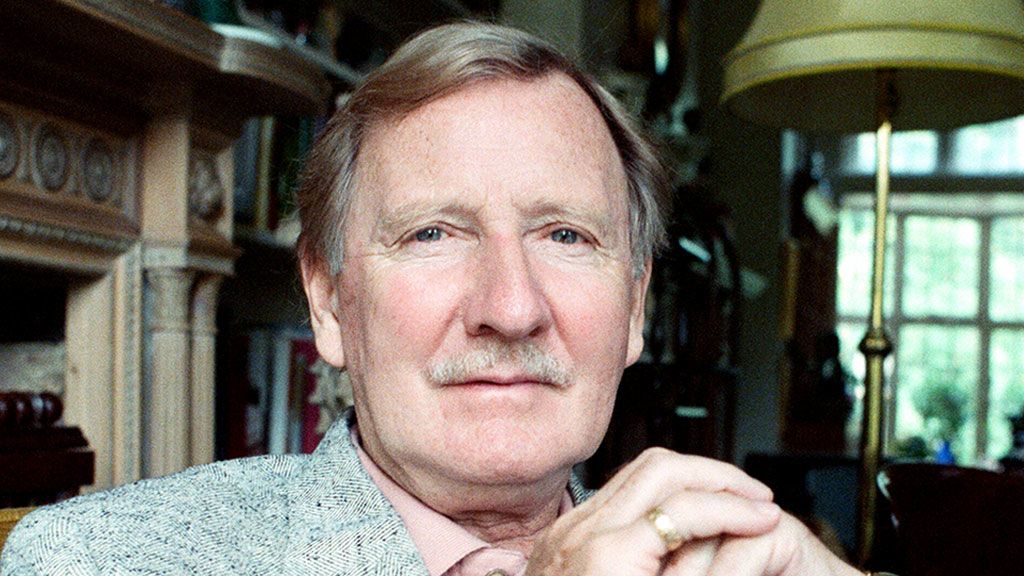
Leslie Phillips
Comedy Casanova remembered for his catchphrase “Ding dong!” - which he delivered in Carry On Nurse in 1959. The actor starred in more than 200 films, TV and radio series. Harry Potter film fans will know him as the voice of the Sorting Hat.

Lynda Baron
Best known for her role as Nurse Gladys Emmanuel in the BBC sitcom Open All Hours alongside Ronnie Barker and Sir David Jason.
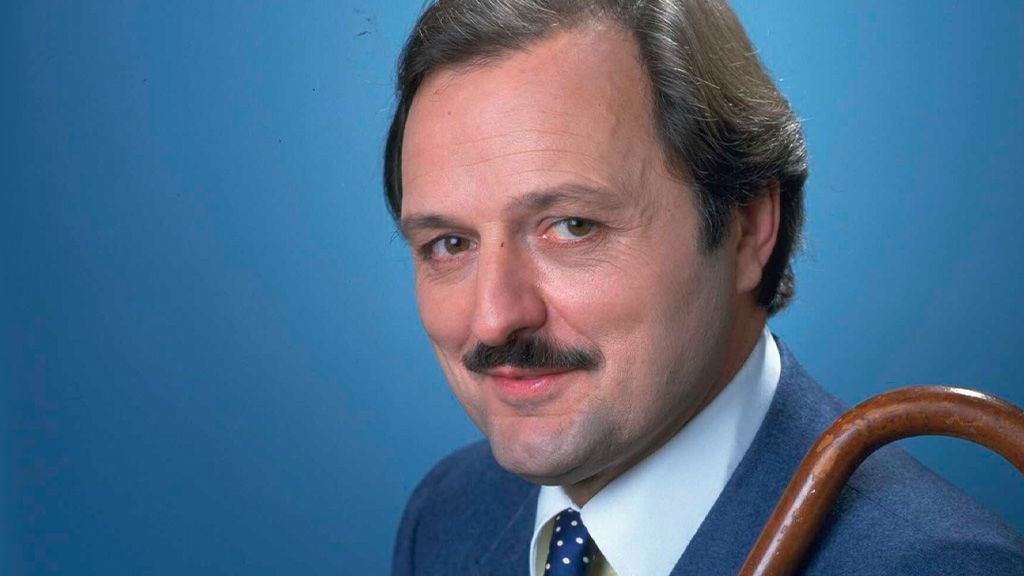
Peter Bowles
Worked extensively on stage and screen before becoming a household name on UK television as the archetypal English gent opposite Penelope Keith in sitcom To The Manor Born.

Josephine Tewson
Played Elizabeth, the nervous next-door neighbour of Hyacinth Bucket in BBC sitcom Keeping Up Appearances. She appeared in numerous other comedy roles alongside Ronnie Barker, Charlie Drake and Dick Emery.

Gary Waldhorn
Enjoyed an illustrious theatre career, including with the Royal Shakespeare Company - but to TV viewers he was perhaps best known as Councillor David Horton alongside Dawn French in the BBC sitcom The Vicar of Dibley.
Dame Angela Lansbury
Her role as author-turned-sleuth Jessica Fletcher in the TV series Murder She Wrote was a high point in a nearly eight-decade-long showbusiness career. A star of the stage on Broadway - and big screen Hollywood films - earned her several Tony awards and two Oscar nominations.
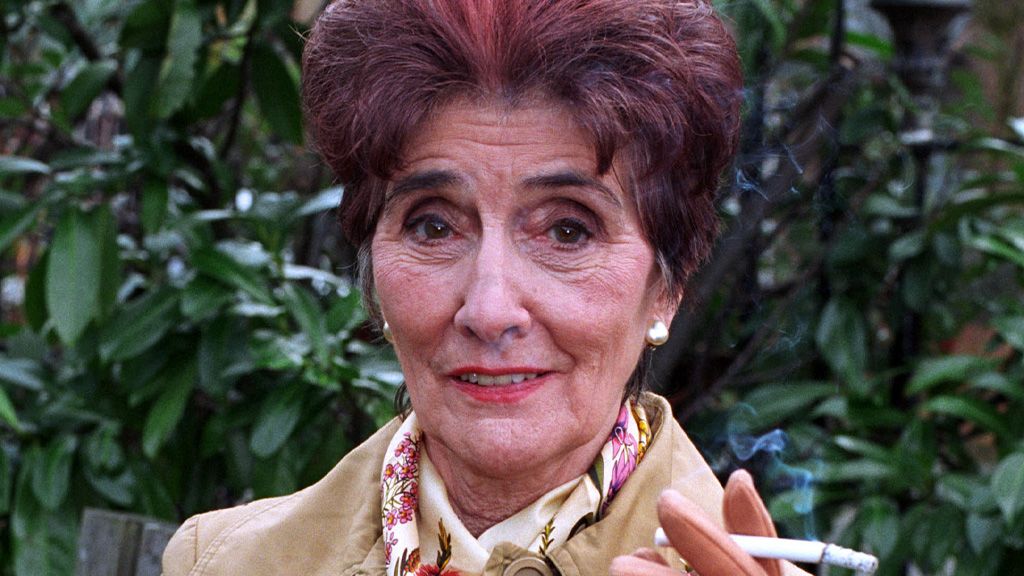
June Brown
Won her place in British hearts playing the gossiping, chain-smoking launderette worker Dot Cotton in BBC soap EastEnders. Brown was in her late 50s when she arrived in Albert Square in 1985 - initially she was booked for three months’ work, but ended up staying in Walford on-and-off for more than a quarter of a century.
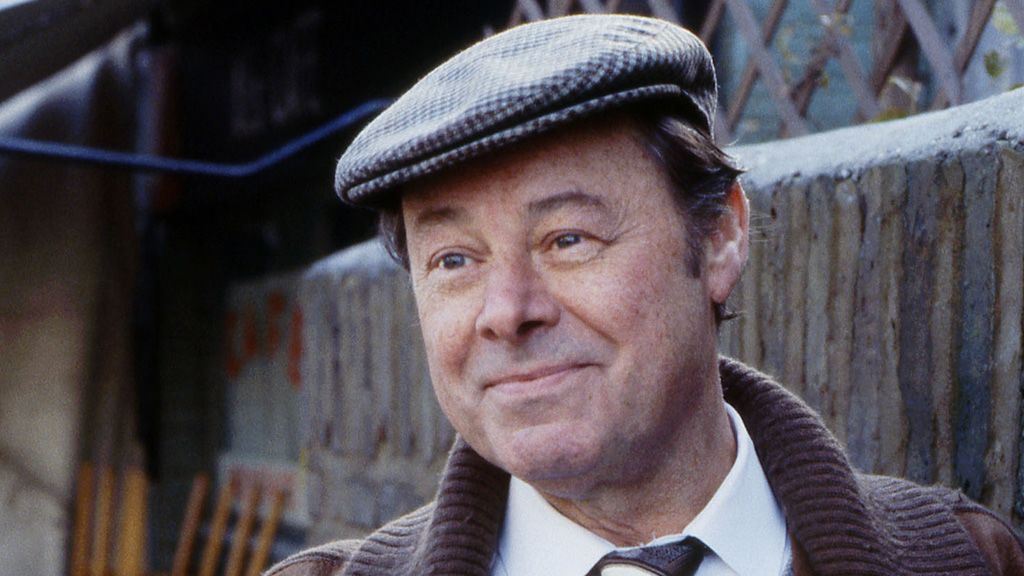
Bill Treacher
Appeared in the first ever scene of BBC soap EastEnders in February 1985 playing Arthur Fowler - a character whose life unravelled over the next 10 years, before his death on his beloved allotment in 1996.

Ruth Madoc
Star of the 1980s BBC sitcom Hi-de-Hi! - she played chief yellowcoat Gladys Pugh at Maplins, a fictional 1950s holiday camp. On stage, she appeared in productions of Fiddler On The Roof, Gypsy and Calendar Girls - and more recently on TV, played the mother of Daffyd Thomas, Matt Lucas’s gay character in sketch show Little Britain.

Jack Smethurst
Made his film debut in Carry On Sergeant in 1958 and appeared in kitchen sink dramas through the following decade. He landed his best-known role in 1972, that of bigoted factory worker Eddie Booth in the controversial ITV sitcom Love Thy Neighbour.
Robbie Coltrane
Cut his teeth in stand-up comedy before branching out into film and TV - comfortably inhabiting both funny and dramatic roles. He starred in the Harry Potter films as Rubeus Hagrid, and played chain-smoking criminal psychologist Dr Eddie “Fitz” Fitzgerald in ITV’s 1990s drama Cracker.
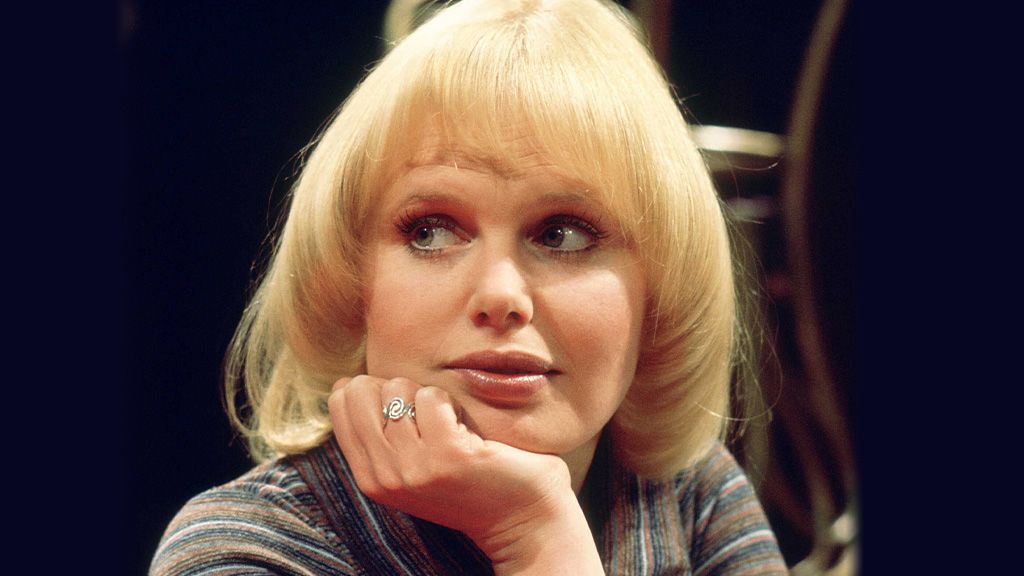
Patricia Brake
A familiar face in British TV comedy and drama, she is perhaps best known for playing Ingrid - the daughter of Ronnie Barker’s Norman Stanley Fletcher - in the BBC 1970s sitcom Porridge.
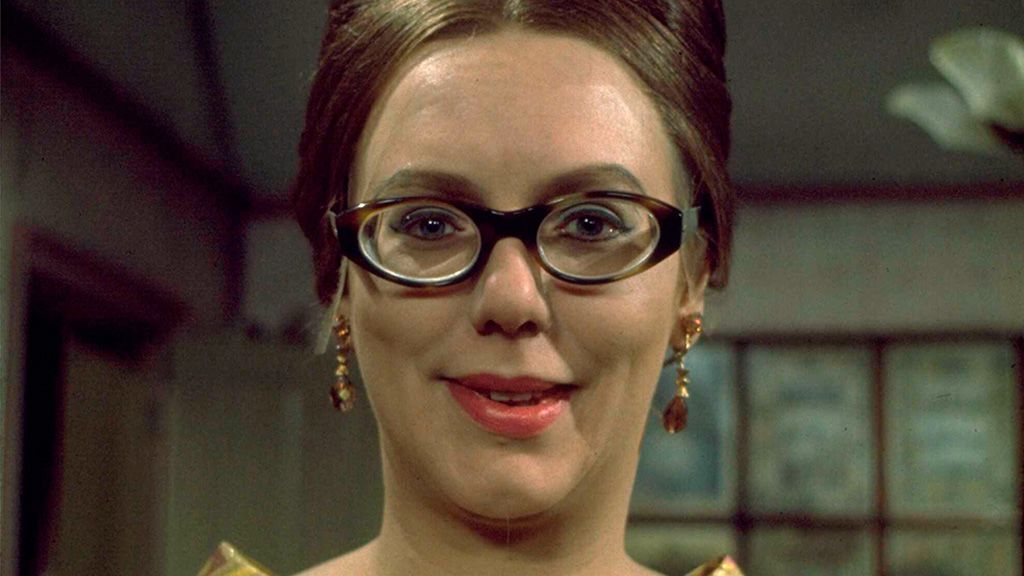
Anna Karen
Best known for her role as Olive in ITV sitcom On the Buses, which ran from 1969 to 1973 - as well as that of Aunt Sal, the older sister of Peggy Mitchell, on BBC soap EastEnders.
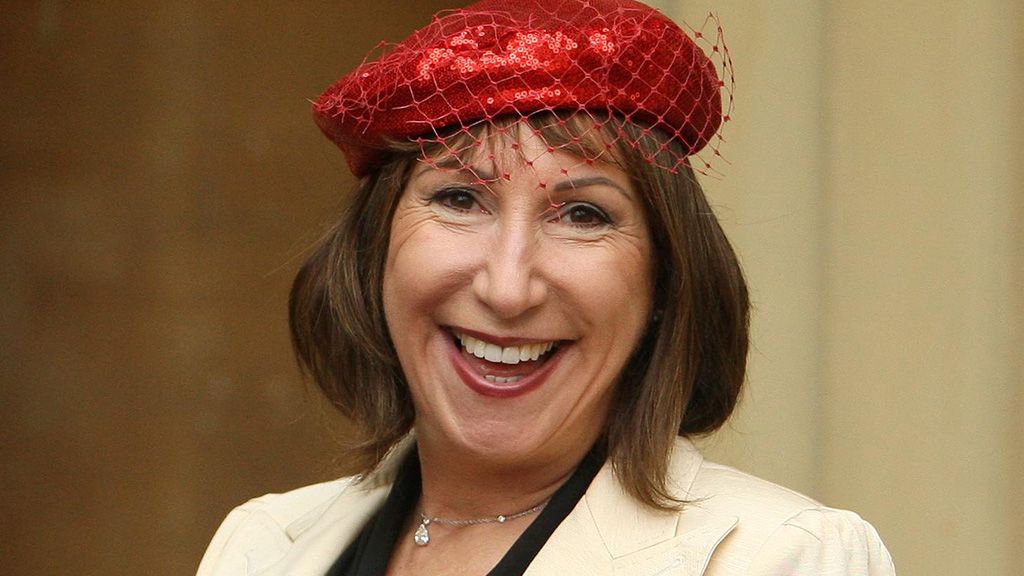
Kay Mellor
Actress, screenwriter and director - never shy about her Yorkshire roots - who expertly weaved comedy with drama. She created Fat Friends, Band of Gold and Girlfriends for ITV - as well as The Syndicate for the BBC.
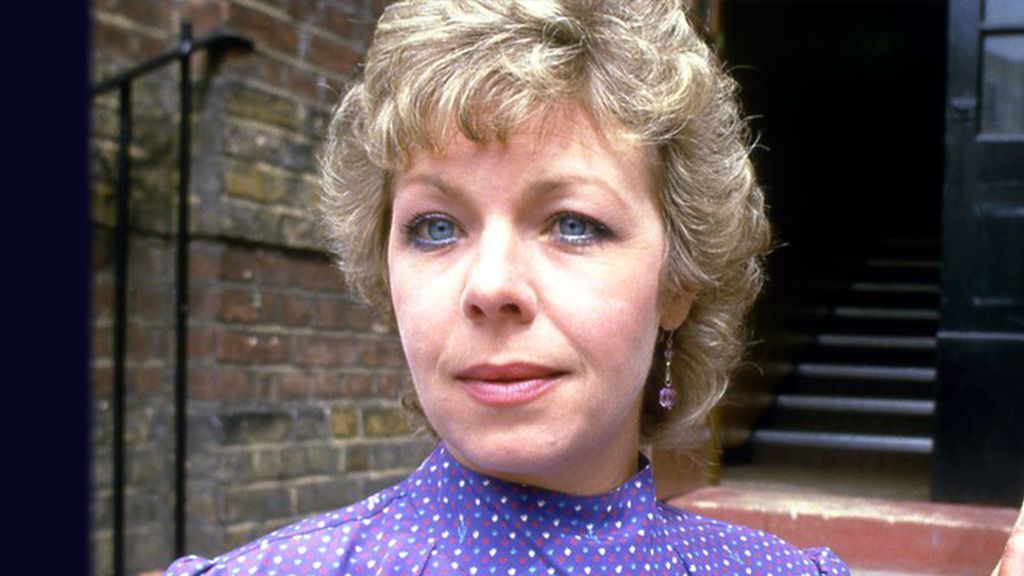
Gwyneth Powell
Stern-but-fair head teacher Mrs McClusky in BBC teen drama Grange Hill for 10 years from 1981 - she also played Greg Davies’ mother Polly in the Channel 4 sitcom Man Down.
Nichelle Nichols
American actress best known for her role in Star Trek. Later employed by Nasa to encourage more women and African-Americans to become astronauts.
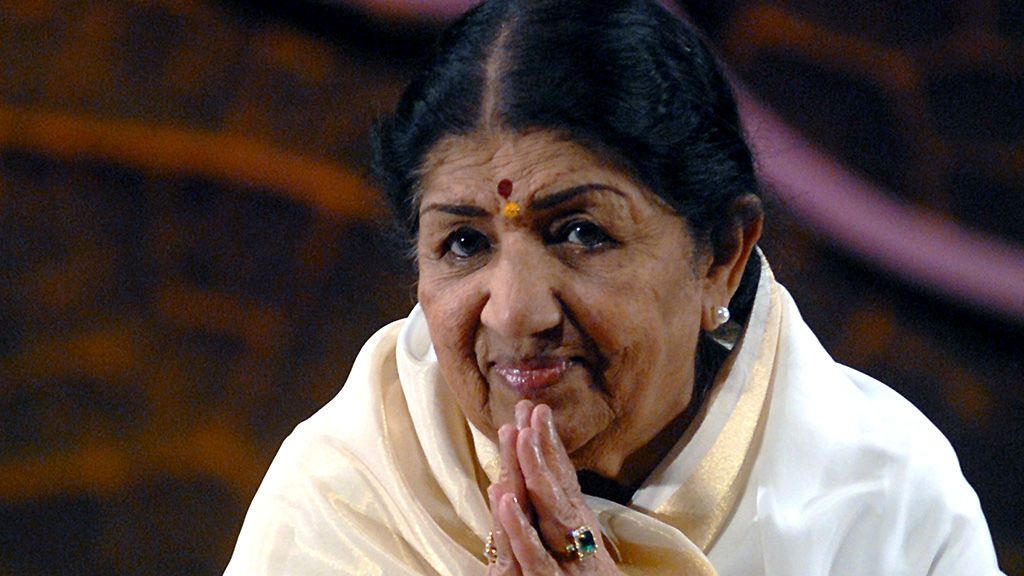
Lata Mangeshkar
Indian cultural icon and national treasure who made her name in Bollywood as a “playback singer” - providing the singing voice to lip-synching movie stars over the course of a career which spanned more than half a century.
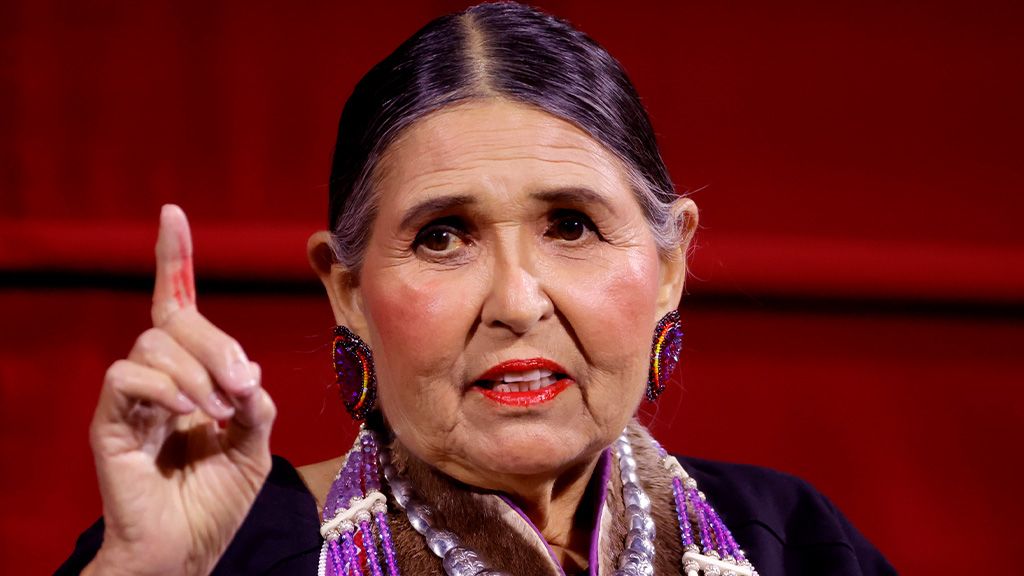
Sacheen Littlefeather
Native American activist who, in 1973, declined Marlon Brando’s Oscar for The Godfather on his behalf - and was booed off stage. Shortly before her death, the Academy of Motion Picture Arts and Sciences publicly apologised to the actress, of Apache and Yaqui heritage, saying she had endured “unwarranted and unjustified” abuse.

Peter Brook
One of the most creative and controversial stage directors of post-war Britain - his stage productions both enthralled and shocked audiences.
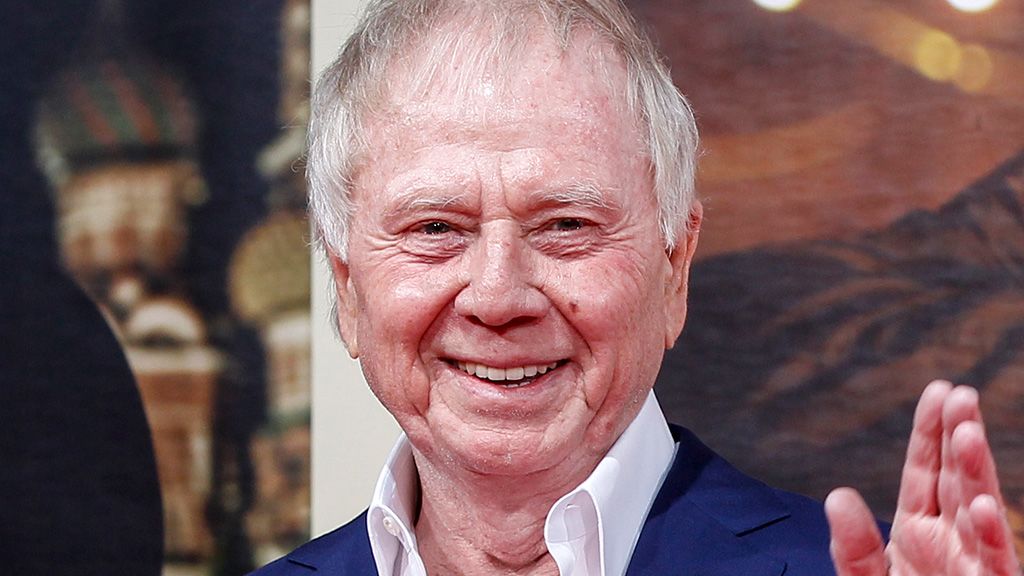
Wolfgang Petersen
German filmmaker who broke into Hollywood with the 1981 Oscar-nominated film Das Boot - and went on to direct blockbusters including In the Line of Fire and Air Force One.
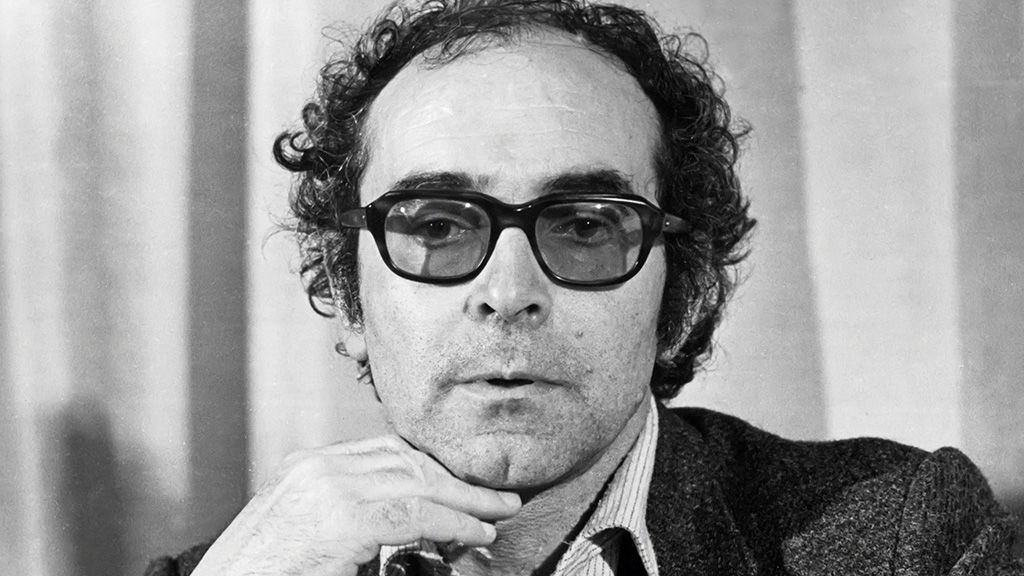
Jean-Luc Godard
The film director spearheaded the revolutionary French New Wave of cinema - starting with À bout de souffle (Breathless) in 1960. His releases rewrote the rules of film and influenced directors from Martin Scorsese to Quentin Tarantino.
Music
Our review includes the original wild man of rock ‘n’ roll, Jerry Lee Lewis; the Queen of Country music Loretta Lynn; The Wanted singer Tom Parker; and the bombastic rock-opera star Meat Loaf.

Loretta Lynn
Known as the Queen of Country, her songs were rooted in real-life experience, most notably on the autobiographical Coal Miner’s Daughter. Other hits included Don’t Come Home A-Drinkin’, Honky Tonk Girl and feminist anthem The Pill.

Judith Durham
An Australian “national treasure” who rose to international fame as lead singer of folk group The Seekers - who sold more than 50 million records and had hits including I’ll Never Find Another You, I Am Australian and Georgy Girl.
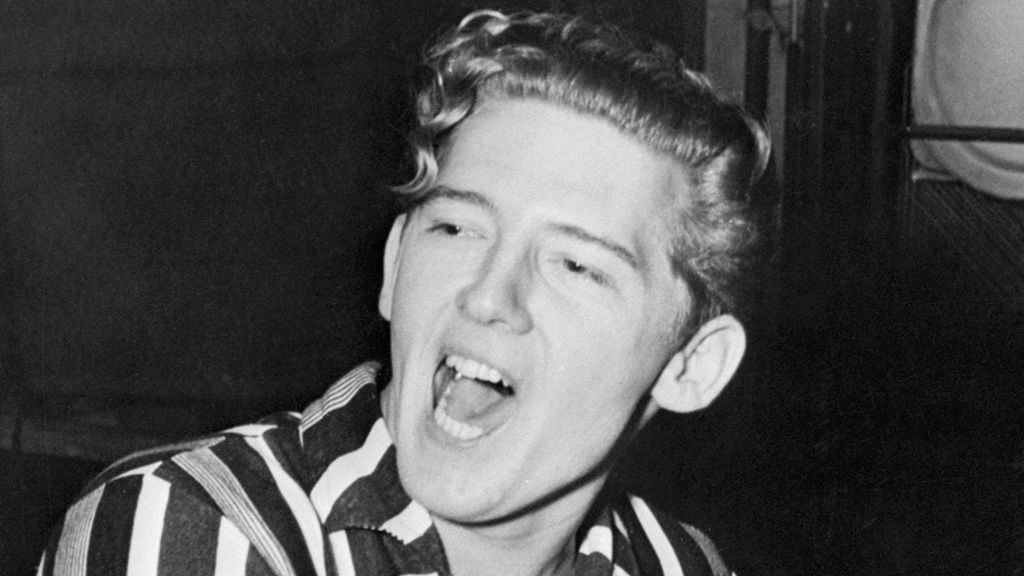
Jerry Lee Lewis
The Great Balls of Fire singer - the original wild man of rock ‘n’ roll - performed on stage in a state close to frenzy, hammering the keyboard like a man possessed. Off stage, his private life was filled with scandal, addiction and violence.

Vangelis
The influential Greek composer was behind the immersive synth-electronic soundscape film themes for Chariots of Fire, for which he won an Oscar, and Blade Runner.

Gary Brooker
Frontman of 1960s rock band Procol Harum, the London-born singer led the group throughout their 55-year history, co-writing and singing their most famous song, 1967’s A Whiter Shade of Pale.
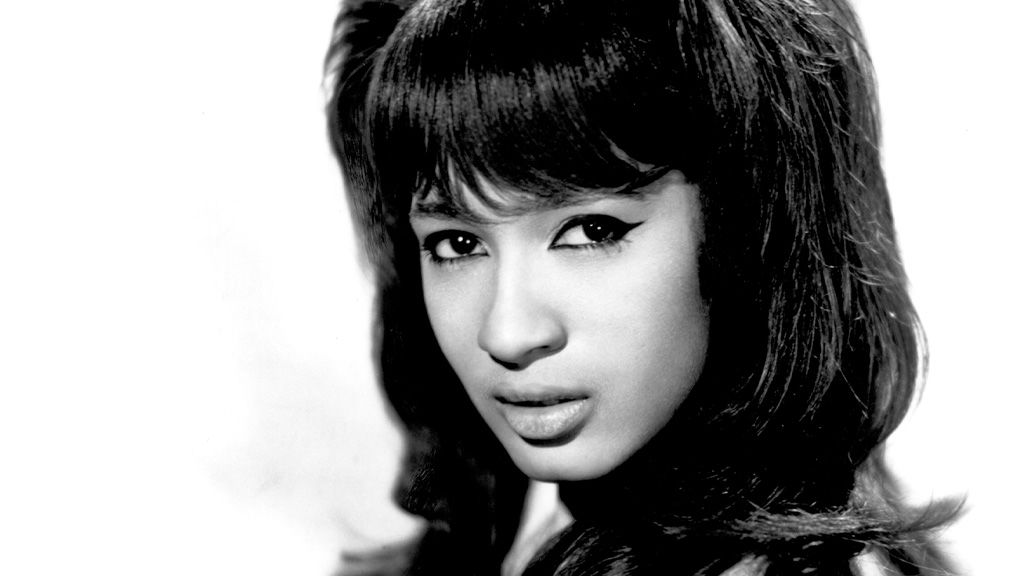
Ronnie Spector
Born Veronica Yvette Bennett, she shot to fame as lead singer of the 1960s all-girl group the Ronettes - with hits such as Be My Baby, Baby I Love You and Walking in the Rain.

Irene Cara
American singer and actress who bagged the role of Coco Hernandez in the 1980 film Fame - and sang the film’s title track which was an international chart-topping hit. She also co-wrote and sang the smash hit Flashdance... What a Feeling, for which she won an Oscar and a Grammy.

Christine McVie
An integral member of the complicated cast of characters who made up one of the greatest bands ever. The British singer-songwriter was the songbird behind some of Fleetwood Mac’s biggest hits, including Little Lies, Everywhere, Don’t Stop and Say You Love Me.

Monty Norman
Prolific composer and lyricist whose works included the famous James Bond Theme - first commissioned for 1962’s Dr No, starring Sean Connery.
Meat Loaf
The rock star’s breakthrough and best-known album, Bat Out Of Hell, remains one of the best-selling releases of all time - it catapulted him to the status of musical icon. Born Marvin Lee Aday, but also known as Michael, his nickname originated with his dad, who said he looked as red as meat at birth - before a school football coach added the “loaf”.
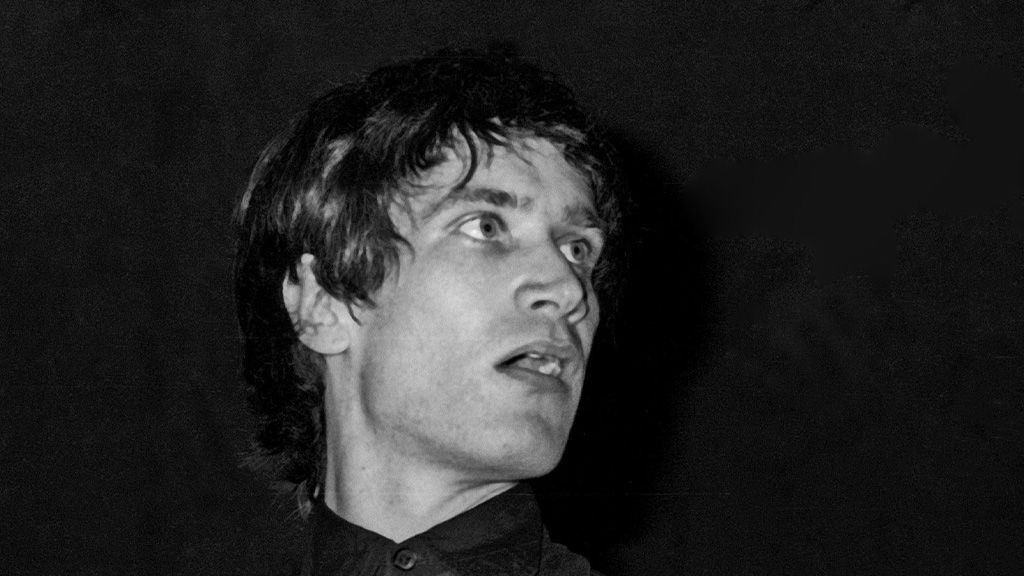
Wilko Johnson
One of the UK’s most charismatic guitarists whose machine-gun playing style and manic stage presence was a major influence on punk. He found fame with the 1970s pub-rock band Dr Feelgood, and performed with Ian Dury, before going solo. He also starred in two series of Game Of Thrones as mute executioner Ser Ilyn Payne.
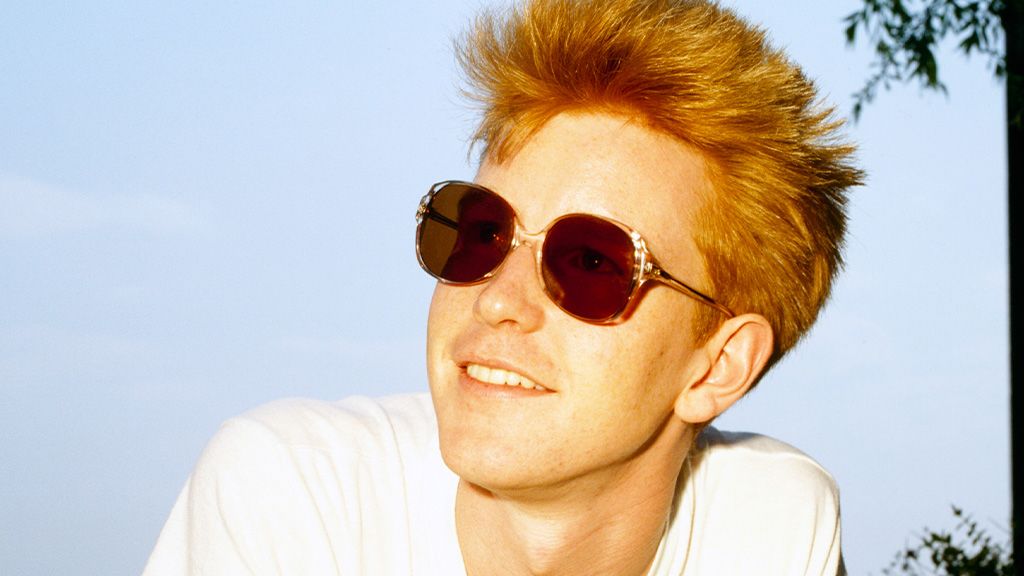
Andy Fletcher
Depeche Mode keyboardist and a founding member of the group - known for their dark electronic sound and chart success, with hits including Personal Jesus, Enjoy the Silence and Just Can’t Get Enough.
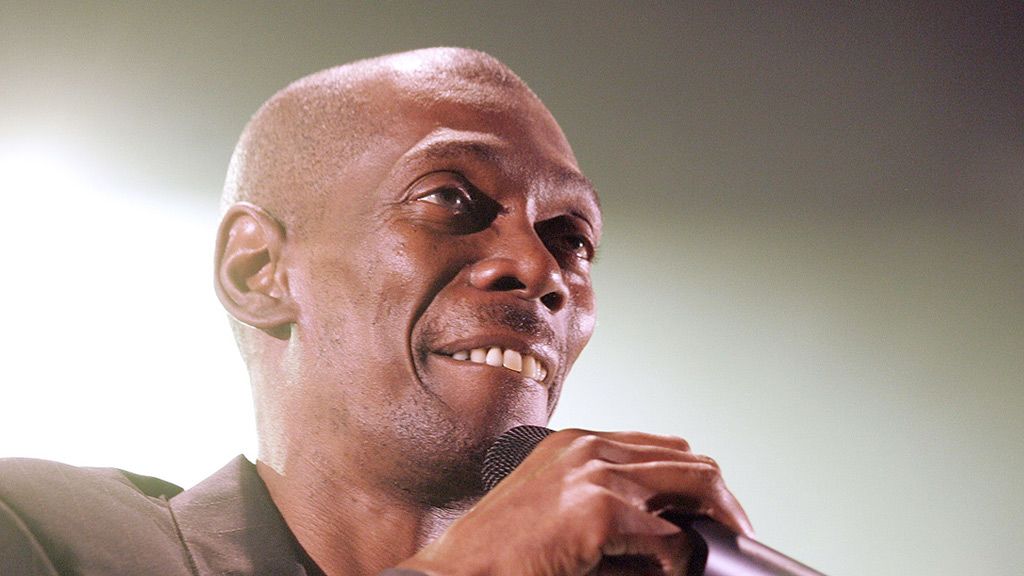
Maxi Jazz
Musician and DJ - real name Maxwell Fraser - who was lead singer of British dance act Faithless. The group are best known for their hit Insomnia, which made top three in the UK singles chart in 1996.
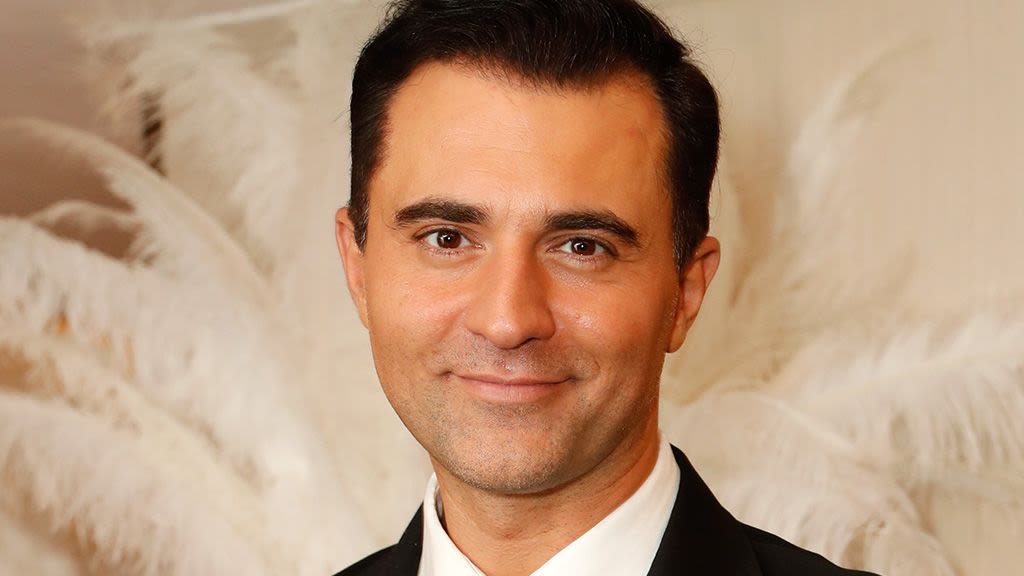
Darius Campbell Danesh
Singer and actor who rose to fame on ITV talent shows Popstars and Pop Idol, he reached the top of the UK singles charts in 2002 with Colourblind - and went on to star in West End musicals, including Chicago and the Olivier Award-winning Guys and Dolls.
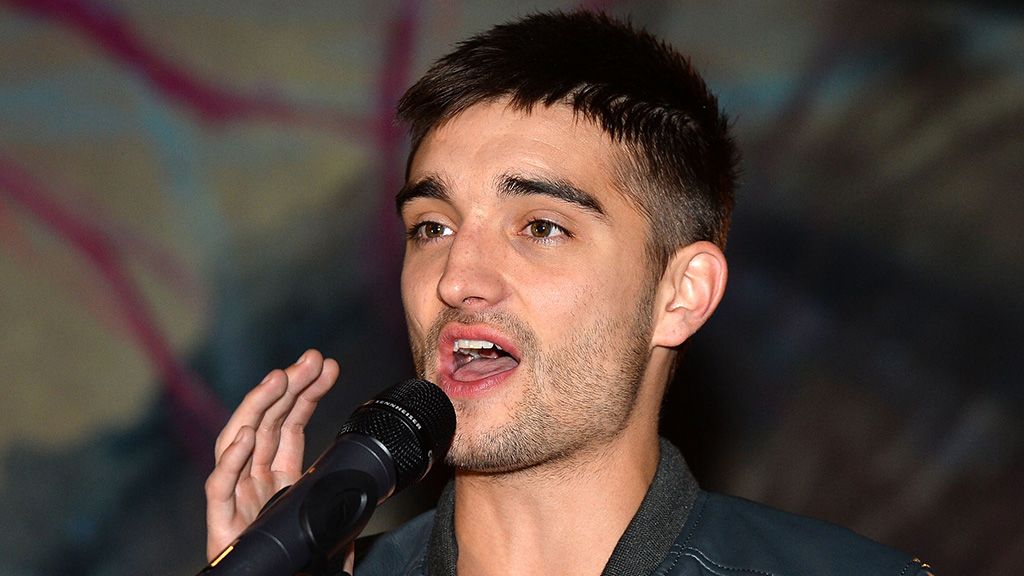
Tom Parker
The Wanted singer who notched up two UK number one singles, Glad You Came and All Time Low, and eight other top 10 hits including Chasing The Sun, Heart Vacancy and Lightning.

Coolio
US rapper - real name Artis Leon Ivey Jr - who started making music in the 80s, but cemented his place in hip-hop history when he recorded Gangsta's Paradise - which led the soundtrack to the film Dangerous Minds. The 1995 track would win him a Grammy.

Terry Hall
Frontman of socially conscious 1970s ska band The Specials, with hits such as Ghost Town, Gangsters and Too Much Too Young. Known for his dour image and sharp wit, he went on to form the Fun Boy Three in 1981 with fellow-bandmates Neville Staple and Lynval Golding, scoring another run of hits.
Politics
Our look back includes three figures who left their own indelible marks on the world stage - Lord Trimble, who helped forge peace in Northern Ireland; Madeleine Albright, a child refugee who became the USA’s top diplomat; and Soviet leader Mikhail Gorbachev who helped bring the Cold War with the West to an end.
Mikhail Gorbachev
One of the 20th Century’s most influential political figures, the former Soviet leader introduced reforms in the USSR, opened up the country to the world and helped bring the Cold War with the West to a peaceful end. But he was unable to prevent the USSR’s slow collapse, and many Russians blamed him for the turmoil that followed.
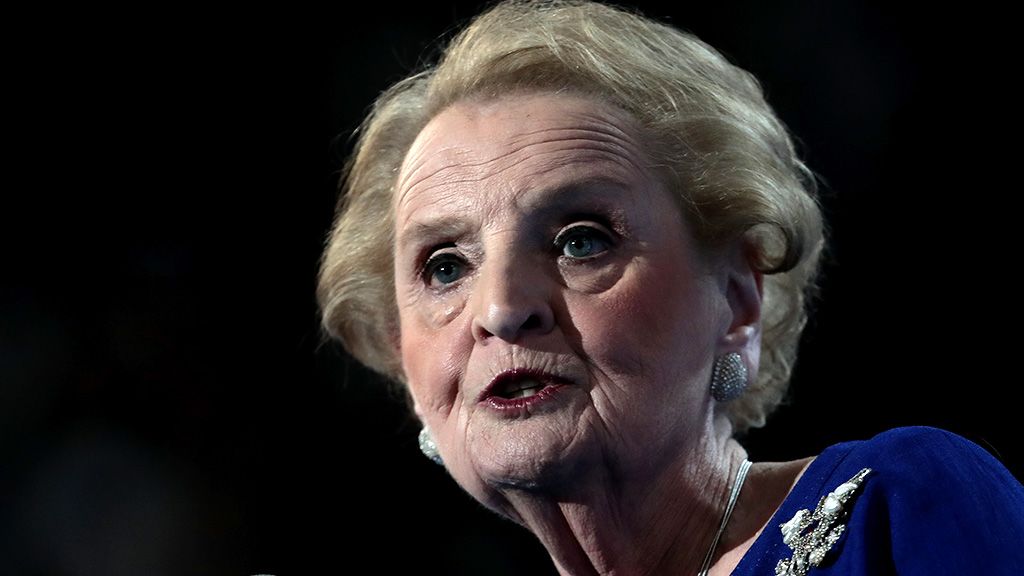
Madeleine Albright
The daughter of a Czechoslovak diplomat, her family sought political asylum in the US as the Cold War started to bite. She gained American citizenship in 1957 and 40 years later, during the Clinton administration, became the first female secretary of state - the country’s top diplomat.
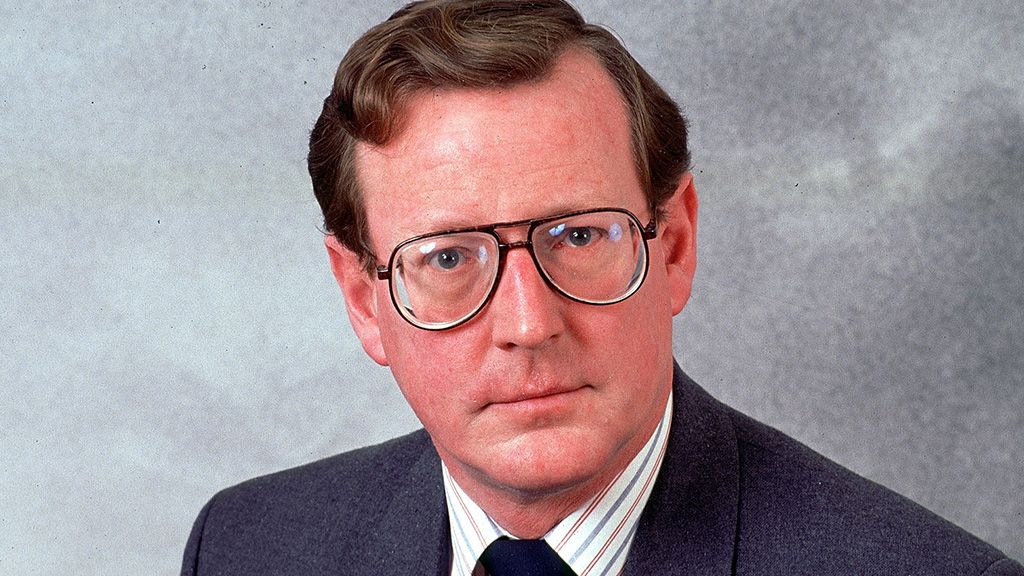
Lord David Trimble
As Ulster Unionist Party leader he was instrumental in the negotiation of the Good Friday Agreement - the 1998 peace deal that ended the worst of Northern Ireland’s Troubles. His efforts won him the Nobel Peace Prize along with SDLP leader John Hume. He went on to become Northern Ireland’s first minister before taking a seat in the House of Lords.
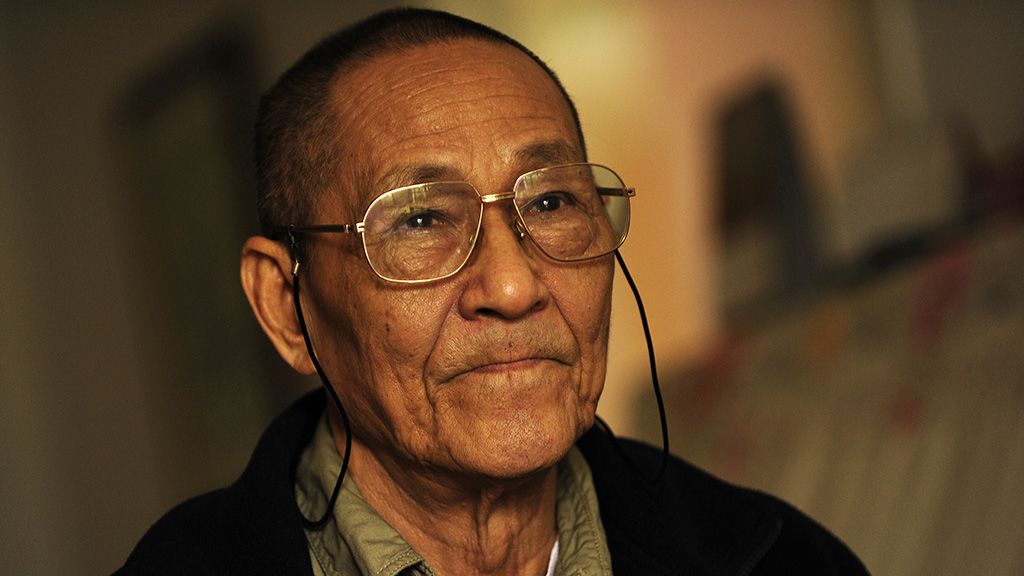
Bao Tong
The most senior Communist Party official imprisoned over the Tiananmen pro-democracy protests that shook Beijing in 1989. A champion of Chinese political reform, he was expelled from the Communist Party and jailed for seven years.
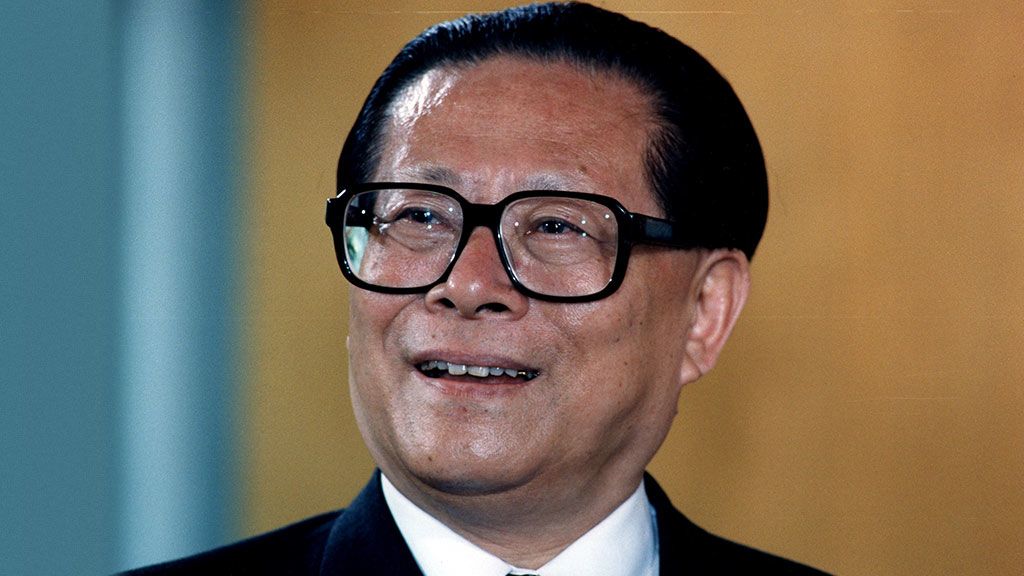
Jiang Zemin
Emerged from a bitter Communist Party power struggle to lead China after the 1989 crackdown on protests in and around Beijing’s Tiananmen Square. Under his stewardship, a formidable economy was forged, the Communists tightened their grip on power, and China took its place at the top table of world powers.
Writing, Journalism and Television
Included in our review are Booker Prize winner Dame Hilary Mantel; Bamber Gascoigne, the man who first made the University Challenge catchphrase “Fingers on buzzers” his own; and former BBC Breakfast favourite Bill Turnbull.

Bill Turnbull
Hosted BBC Breakfast for 15 years and, after leaving the BBC in 2016, joined Classic FM. His openness about his prostate cancer diagnosis - along with a similar announcement by Stephen Fry - led to a 250% increase in the number of men seeking tests for the condition, which became known as the “Fry and Turnbull effect”.

Dame Hilary Mantel
Author of the best-selling Wolf Hall trilogy - a fictional account of Thomas Cromwell’s rise to power in the court of Henry VIII. The books have been translated into 41 languages - and the first two in the series won the Booker Prize in 2009 and 2012.
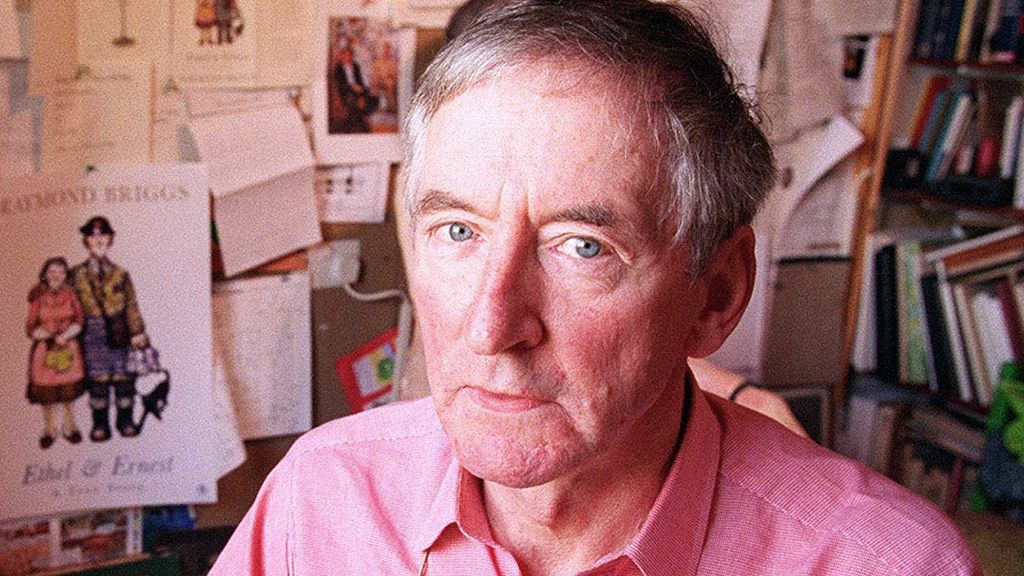
Raymond Briggs
Best-known for his 1978 classic, The Snowman - later turned into a Bafta award-winning animated TV film - the author-illustrator used his skills as an illustrator to articulate his own acerbic views on people, politics and society.
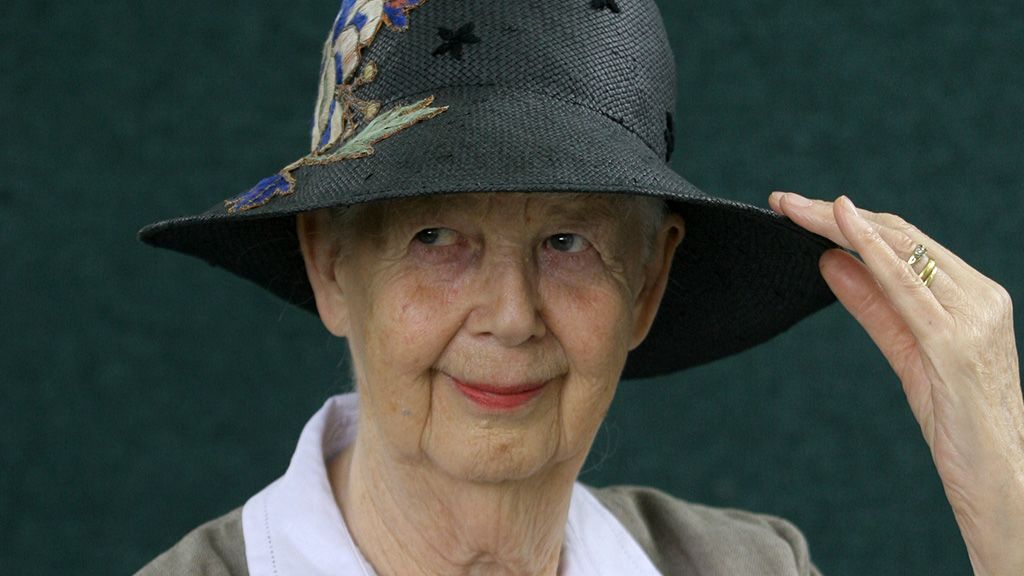
Shirley Hughes
Children’s author and illustrator best known for creating the Alfie book series - centred around a young boy and his little sister, Annie Rose - as well as the picture book Dogger. Throughout her career she illustrated 200 publications selling more than 10 million copies.

David McKee
Children’s author and illustrator known for creating Elmer the Patchwork Elephant and the black suit and bowler hat-wearing Mr Benn - who went on exciting adventures each time he visited a fancy dress shop and tried on a different outfit.
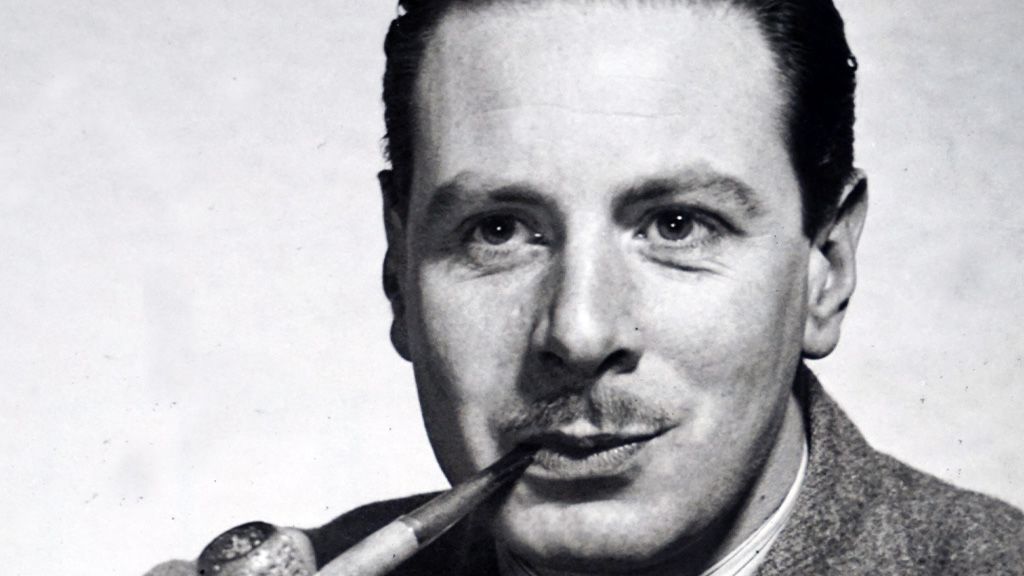
Henry Patterson
Using the pseudonym Jack Higgins, he wrote The Eagle has Landed - about a Nazi plot to kidnap Sir Winston Churchill during World War Two. He penned dozens of novels over nearly 60 years, selling more than 250 million copies.
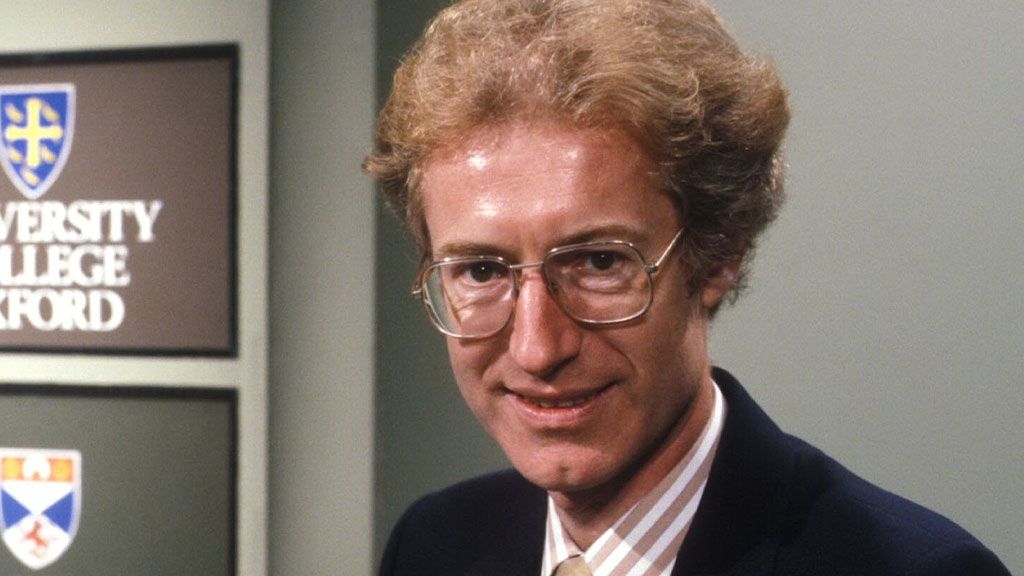
Bamber Gascoigne
The original University Challenge presenter from 1962 to 1987 who became known for his catchphrases on the TV quiz - “Fingers on buzzers”, “Your starter for 10”, and “I’ll have to hurry you”.

Beryl Vertue
One of the most influential women in British TV, who started out typing up scripts from comedy writers Ray Galton and Alan Simpson. She founded Hartswood films which made 1990s sitcom Men Behaving Badly and, later, the critically acclaimed drama Sherlock starring Benedict Cumberbatch.

Victor Lewis-Smith
Satirist known for his surreal comedy on radio, television and in print. He brought his anarchic style to BBC Radio 4’s Loose Ends, created TV Offal on the small screen, and worked as the London Evening Standard’s chief television reviewer and as a Daily Mirror columnist.
Comedy and Entertainment
Our look back includes the voice of the Wombles, Bernard Cribbins, and expert joke-writer Barry Cryer.

Bernard Cribbins
Actor, comedian, singer and raconteur - he had a go at everything from Shakespeare to pantomime, Jackanory to Top of the Pops. He starred as the station master in the 1970 film The Railway Children - and his voice shaped the characters of each of the Wombles living on Wimbledon Common.
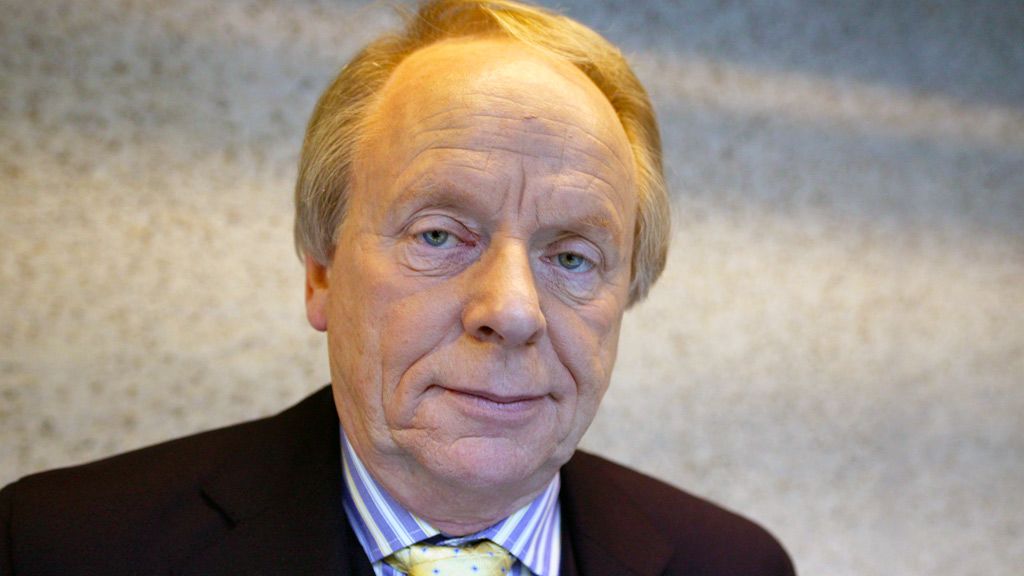
John Bird
Actor and comedian well known for his many appearances opposite John Fortune. The pair memorably appeared alongside Rory Bremner in the Channel 4 TV series Bremner, Bird and Fortune - which ran for 16 series, as well as one-off specials, between 1999 and 2008.

Barry Cryer
One of the most prolific scriptwriters in British comedy, he wrote gags for The Two Ronnies and Morecambe and Wise. A hugely talented stand-up himself, he became famous in his appearances on Radio 4’s I’m Sorry I Haven’t A Clue.
Achievers and those who left their mark
Our 2022 lookback features former teacher Deborah James who documented her cancer treatment; the French virologist credited as a co-discoverer of HIV, Luc Montagnier; and Ivana Trump who, with her then-husband Donald, was one half of New York’s leading 1980s power couple.
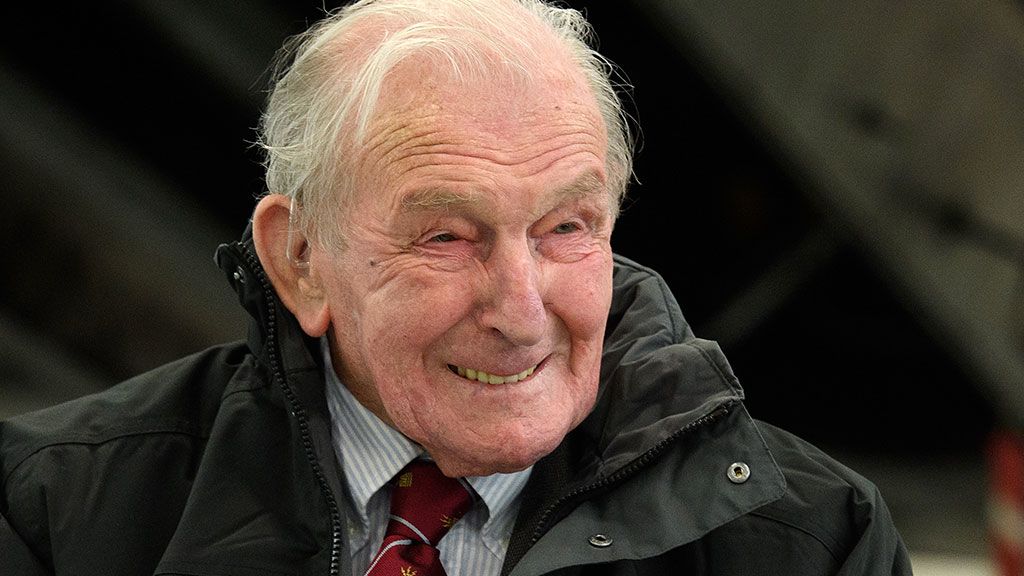
Johnny Johnson
The last survivor of the RAF’s World War Two bomber squadron known as the Dambusters. Sqn Ldr George “Johnny” Johnson was a bomb-aimer in 617 Squadron - which famously hit key dams in Germany’s industrial heartland on the night of 16 May 1943.
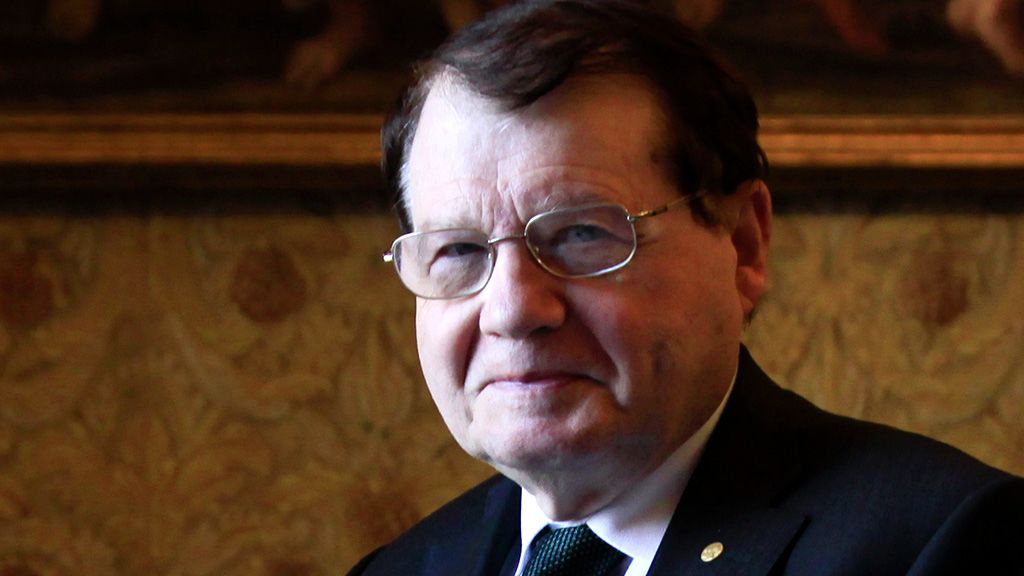
Luc Montagnier
French virologist credited as a co-discoverer of the human immunodeficiency virus (HIV) - he was jointly awarded the 2008 Nobel Prize for his work. He was later criticised for making unscientific claims about autism and Covid-19.
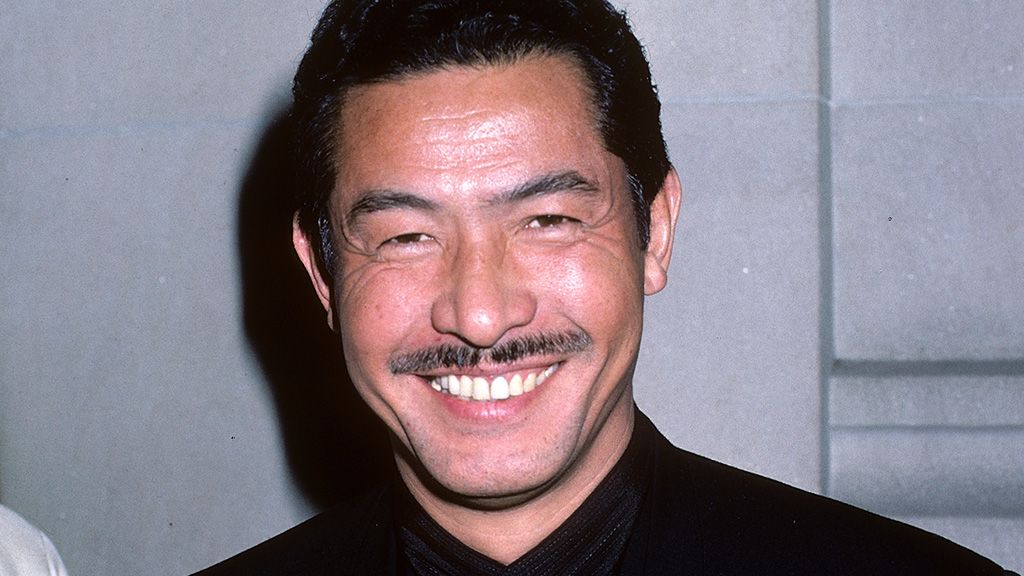
Issey Miyake
Revolutionary Japanese fashion designer known for his innovative styles and perfume - he built a global fashion brand, which included designing Apple’s Steve Jobs’ famous black turtle neck jumpers.
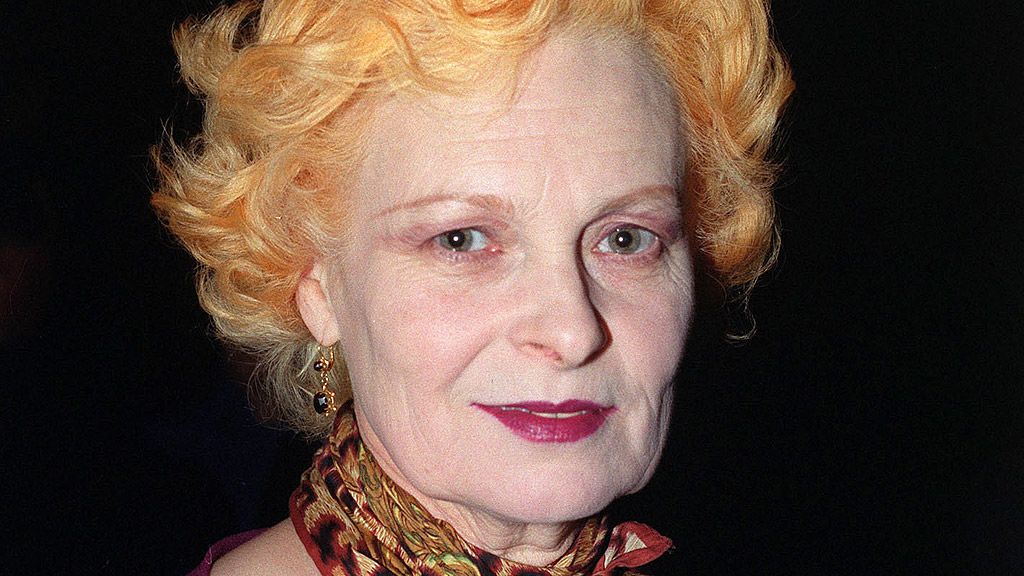
Dame Vivienne Westwood
Pioneering British fashion designer who rose to prominence in the 1970s with her controversial punk and new wave styles. Known for her androgynous designs, slogan T-shirts and irreverent attitude towards the establishment, her creations were bold statements against conformity.
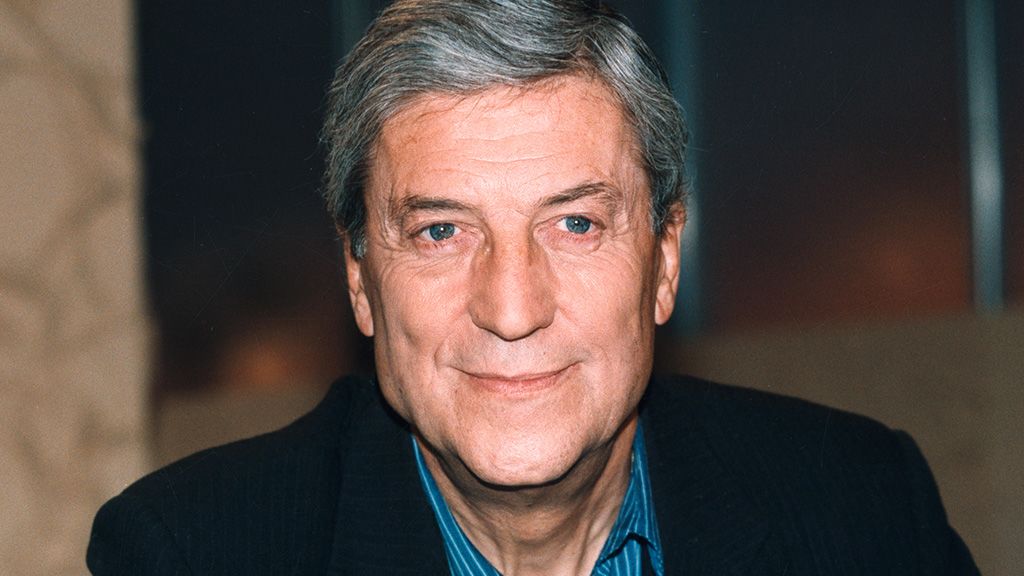
Nino Cerruti
Italian designer and fashion entrepreneur - a pioneering figure in men’s ready-to-wear fashion, who designed clothes for Hollywood stars to wear both on and off screen.

Ivana Trump
Competitive skier, glamorous model and hard-driving businesswoman who became one half of New York City’s ultimate power couple in the 1980s through her marriage to Donald Trump.

Dame Deborah James
Cancer campaigner, blogger, broadcaster and former teacher. She was praised for her no-nonsense approach to discussing the disease, having shared her experiences of treatment and daily life since her bowel cancer diagnosis in 2016.

Hilary Devey
Former Dragons’ Den star - a Bolton-born entrepreneur, who founded the multimillion-pound freight distribution business Pall-Ex in the 1990s.

Cherry Valentine
Drag performer, real name George Ward, who appeared on the second series of RuPaul’s Drag Race UK and went on to front the BBC documentary Gypsy Queen And Proud.
Sport
2022 saw the deaths of Pele, regarded by many as the world’s greatest footballer, and cricketer Shane Warne, arguably history’s best bowler.
Pele
Brazilian footballing legend, regarded by many as the greatest player ever. He won the World Cup three times - the only player to do so - lifting the trophy in 1958, 1962 and 1970. Fifa named him Player of the Century in 2000.
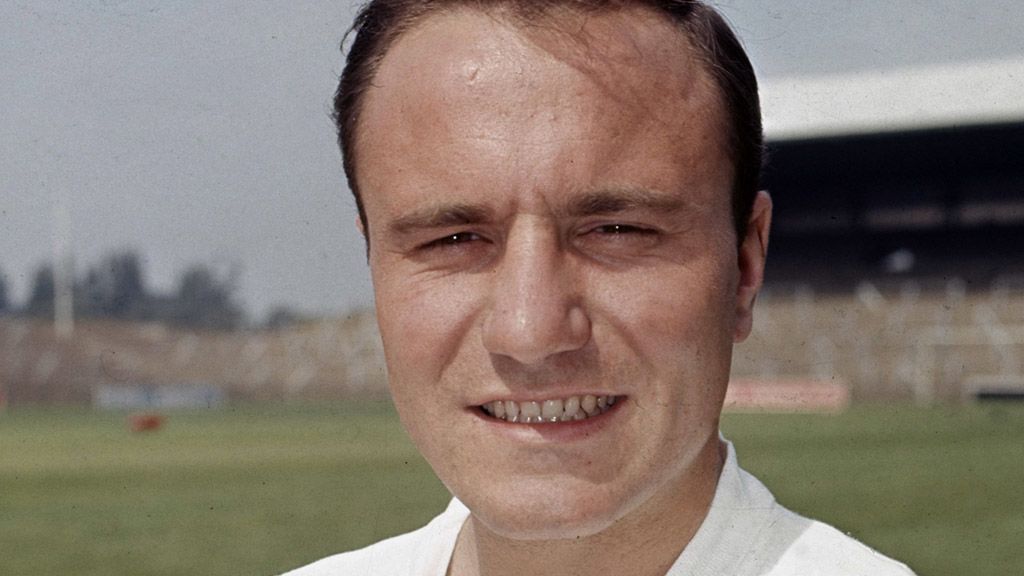
George Cohen
World Cup winner who played every minute of England’s six matches in the 1966 tournament. The right-back was vice-captain for the 4-2 win over West Germany in the Wembley final. Cohen spent his entire club career with Fulham, making 459 appearances.
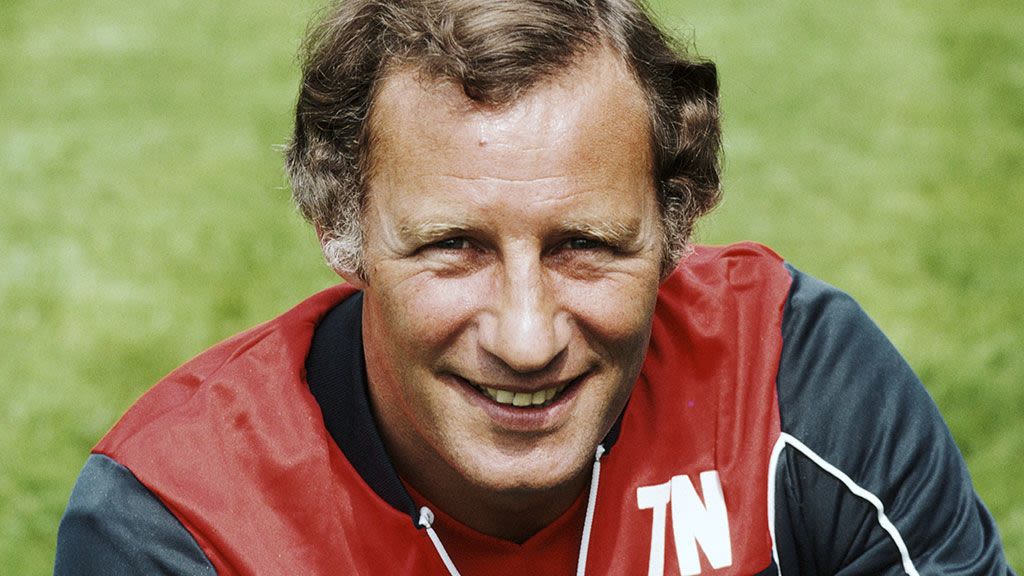
Terry Neill
Former Arsenal and Northern Ireland captain and manager. Belfast-born Neill was Arsenal’s youngest captain at the age of 20, and played more than 270 games for the club between 1957 and 1970. He returned to manage the Gunners aged 34, steering them to three consecutive FA Cup finals.
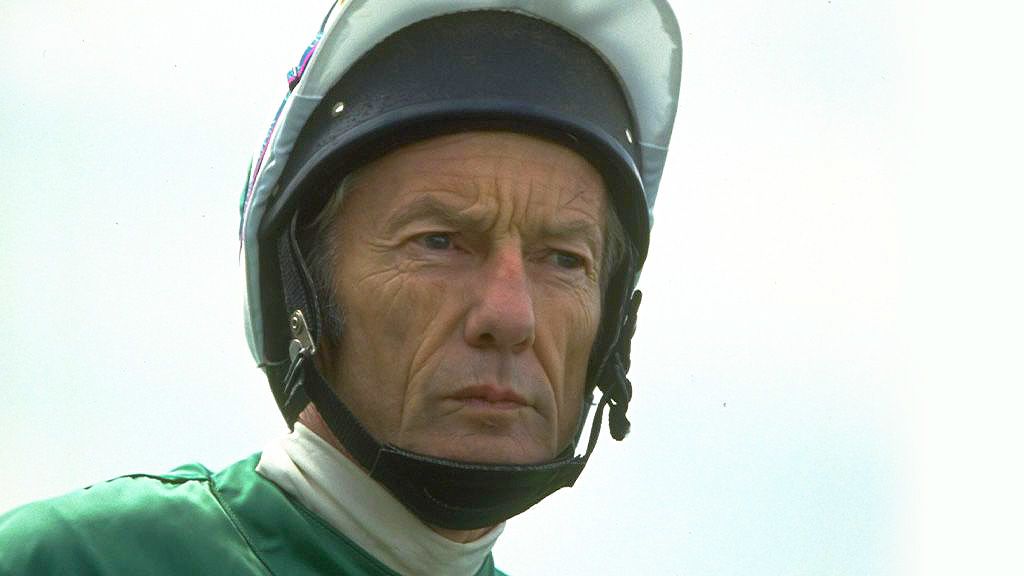
Lester Piggott
Record-breaking jockey, the so-called Housewives’ Choice, who won 4,493 races - including nine Derby victories. He rode his first winner at the age of 12 - and, after being jailed for tax fraud in 1987, made a triumphant return to the saddle in 1990 at the age of 54.
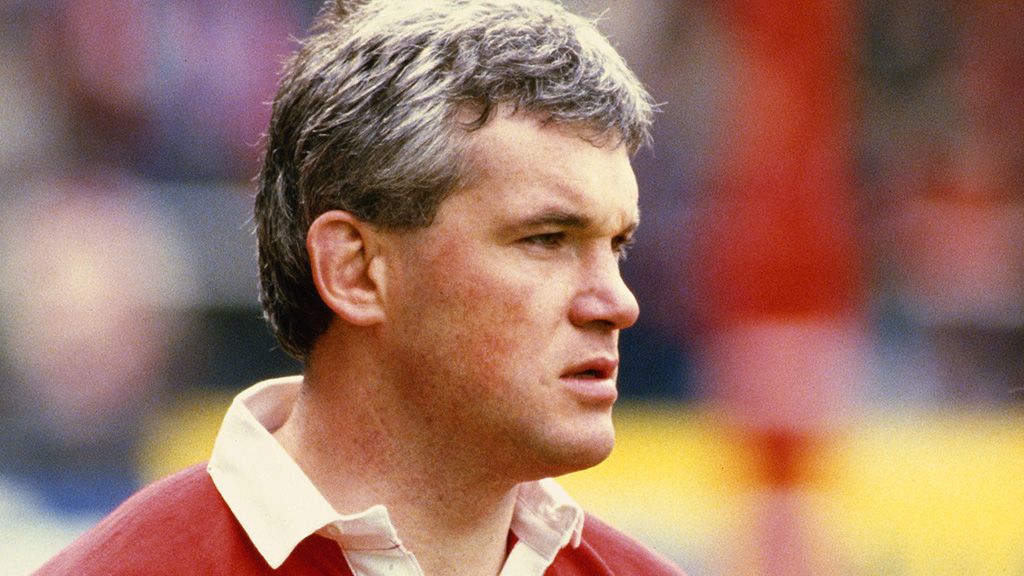
Eddie Butler
Former Wales rugby union captain, who played 16 times for his country between 1980 and 1984 and became a respected broadcaster and commentator in retirement.
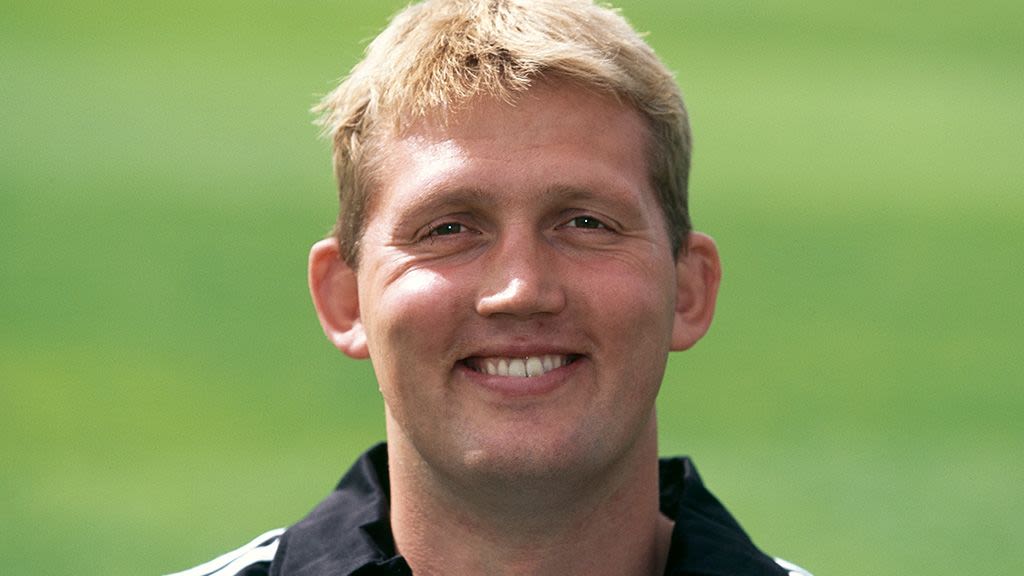
Doddie Weir
Former Scotland rugby international who, at 6ft 7in tall, was once famously described as being “on the charge like a mad giraffe” by commentator Bill McLaren. After being diagnosed with motor neurone disease (MND), he was awarded an OBE for services to rugby, the Borders community, and for raising millions of pounds in MND research through his My Name’5 Doddie Foundation.
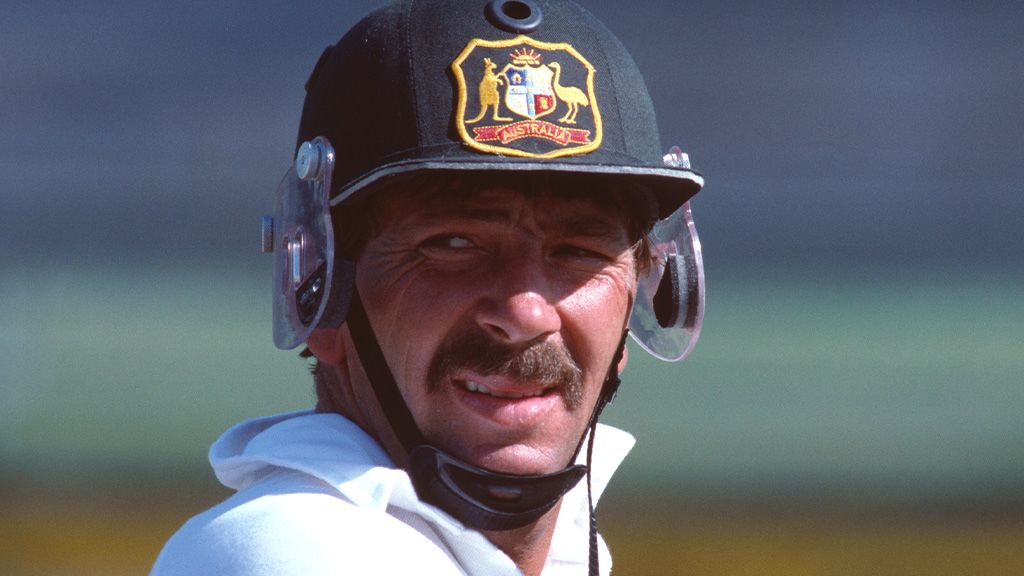
Rod Marsh
Legendary Australia wicket-keeper who effected 355 dismissals - a world record at the time of his retirement - in 96 Test appearances from 1970 to 1984.
Shane Warne
Comfortably history’s best leg-spinner and arguably history’s best bowler. Scandal followed Warne as closely as sporting adulation, but he remained in the public’s heart and was a prominent cricket commentator in Australia and the UK until his death.
Credits
Photography: Getty Images, Alamy, Shutterstock, PA Images, BBC
Illustrator: Jenny Law
Producers: James Percy and Oli Powell
Editor: Paul Kerley
No comments:
Post a Comment